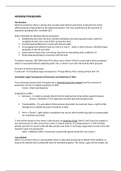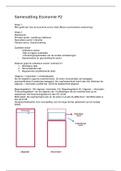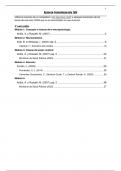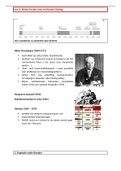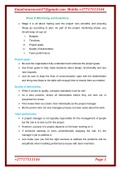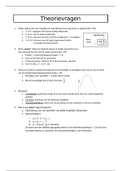Study guide
Adverse Possession
- Module
- Land Law
- Institution
- Cambridge University (CAM)
Comprehensive textbook, lecture and academic notes on Topics in English Land Law. Includes key cases, analysis of the law, academic criticism and my own comments. Got me a 1st
[Show more]
